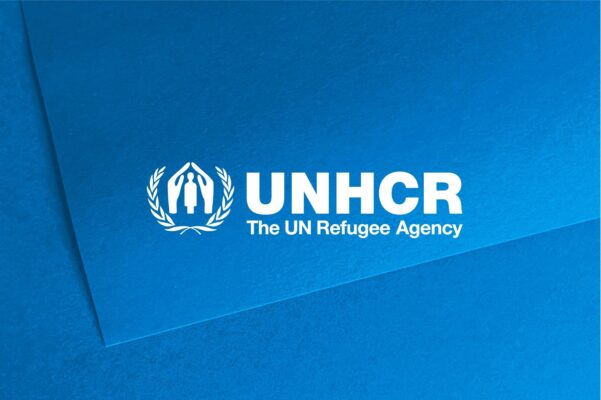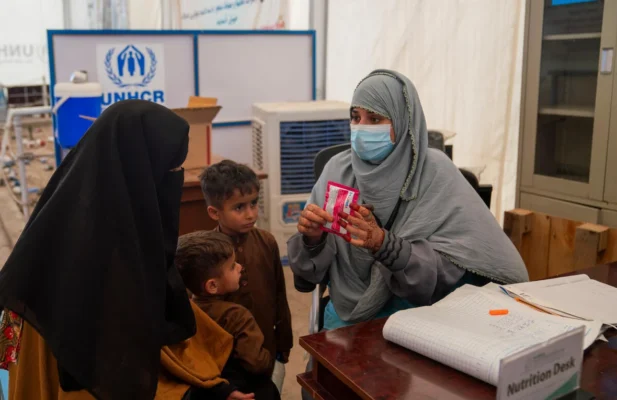
© UNHCR
UNHCR, the UN Refugee Agency, is witnessing a sharp increase in the number of Afghans returning in adverse circumstances from Iran, warning that returns on a massive scale have the potential to destabilise the fragile situation in Afghanistan.
Over 640,000 Afghans have returned from Iran since the implementation of a return deadline by the Government on 20 March this year, with over 366,000 deported, including refugees and people in refugee-like situations.
The sharpest rise was on 26 June, when some 36,100 Afghans returned in just one day. The number of daily returns has continued to increase since 13 June.
“I was just at the border between Iran and Afghanistan, where thousands of Afghans are returning under adverse circumstances,” said Arafat Jamal, UNHCR Representative in Kabul. “Afghan families are being uprooted once again, arriving with scant belongings, exhausted, hungry, scared about what awaits them in a country many of them have never even set foot in. Women and girls are particularly worried, as they fear the restrictions on freedom of movement and basic rights such as education and employment.”
In total, over 1.2 million Afghans have returned or been forced to return from Iran and Pakistan in 2025, worsening the already desperate situation inside Afghanistan. The UN estimates that over half the population in Afghanistan relies on humanitarian assistance.
UNHCR has been warning that dwindling international support is deepening the complex, overlapping crises in Afghanistan.
“We need to act fast. We urgently call on the international community to help us respond, not just with emergency aid, but with longer-term support. Funding for sustainable reintegration is essential to prevent cycles of instability and displacement,” UNHCR’s Jamal added.
UNHCR continues to advocate with governments in the region that returns to Afghanistan must be voluntary, safe and dignified. Forcing or putting pressure on Afghans to return is unsustainable and could destabilize the region and beyond.
UNHCR is responding in close coordination with sister UN agencies and partners to receive and assist returnees, delivering immediate and longer-term support to help people and communities.
UNHCR joins its partners in calling for immediate and substantial funding to ensure sustainable reintegration and prevent cyclical displacement inside the country and beyond its borders. UNHCR’s response to the Afghanistan situation this year is so far only 23 per cent funded.
For more information, please contact:
- In Bangkok, Mariko Hall: hallma@unhcr.org, +66630032028
- In Kabul, Josephine Karlsson: karlsson@unhcr.org, +93 (0)70 246 5664
- In Geneva, Babar Baloch: baloch@unhcr.org, +41 79 513 95 49
Originally published by UNHCR on 28 June 2025





